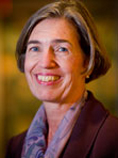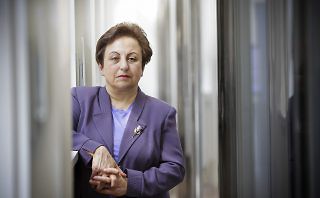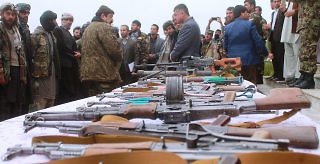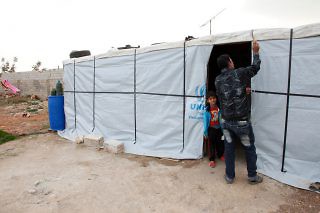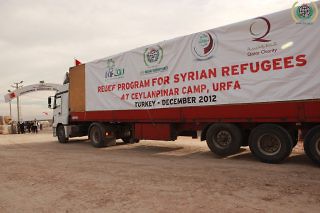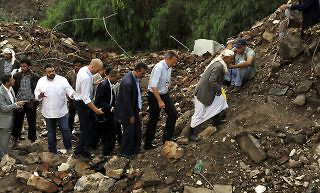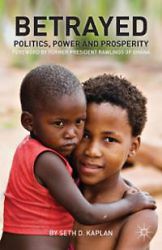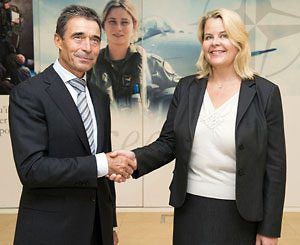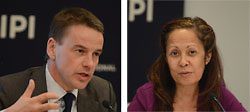Nobel Prize winner Shirin Ebadi’s new book Until We Are Free details her efforts to advance human rights in Iran, even in exile.
Author: Maureen Quinn
-
-
Daisaku Higashi, Associate Professor at the University of Sophia, discusses lessons from Afghanistan for the design of peace and political transition processes.
-
Elizabeth Ferris, Research Professor at the School of Foreign Service at Georgetown University, discusses the priorities for humanitarians in the Syrian peace talks.
-
Naz Modirzadeh, Director of Harvard Law School’s Program on International Law and Armed Conflict, discusses the challenges that face humanitarians working within new counterterrorism and countering violent extremism frameworks.
-
The former head of the International Committee of the Red Cross in Yemen, Cedric Schweizer, and ICRC Senior Adviser Claude Bruderlein discuss their experiences of humanitarian negotiations on the frontlines of conflicts.
-
With violence on the rise, Libya’s road to democracy and statehood needs better political dialogue, stronger institutions, and a stronger UN mandate.
-
IPI’s Maureen Quinn spoke with Seth Kaplan about the dynamics of poverty and inclusive development, subjects at the core of his new book ‘Betrayed: Politics, Power and Prosperity.’
-
The key to including more women at the table in defense and security matters at NATO “is recognizing that women have a rightful place there,” said Skåre, Special Representative of the Secretary-General of NATO on Women, Peace and Security.
-
Conflict will always be present, but societies should deal with it through dialogue and politics rather than deadly violence.
-
For the post-2015 development agenda to succeed, it has to reflect the peacebuilding and statebuilding goals of the New Deal.
